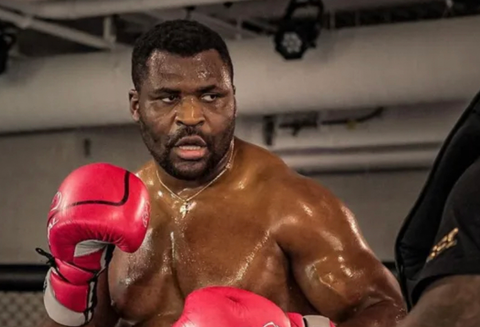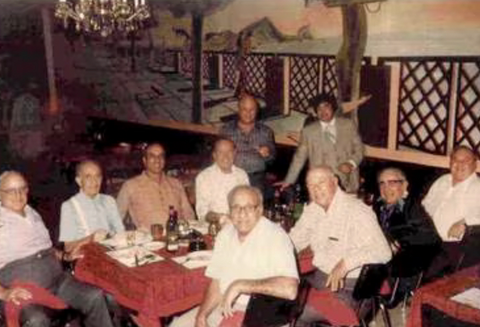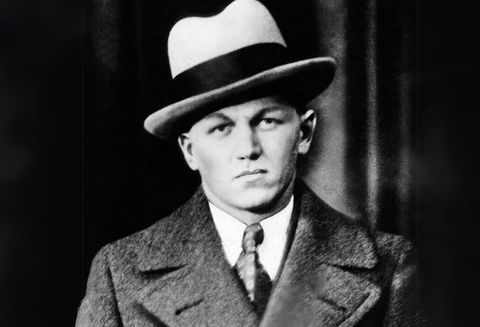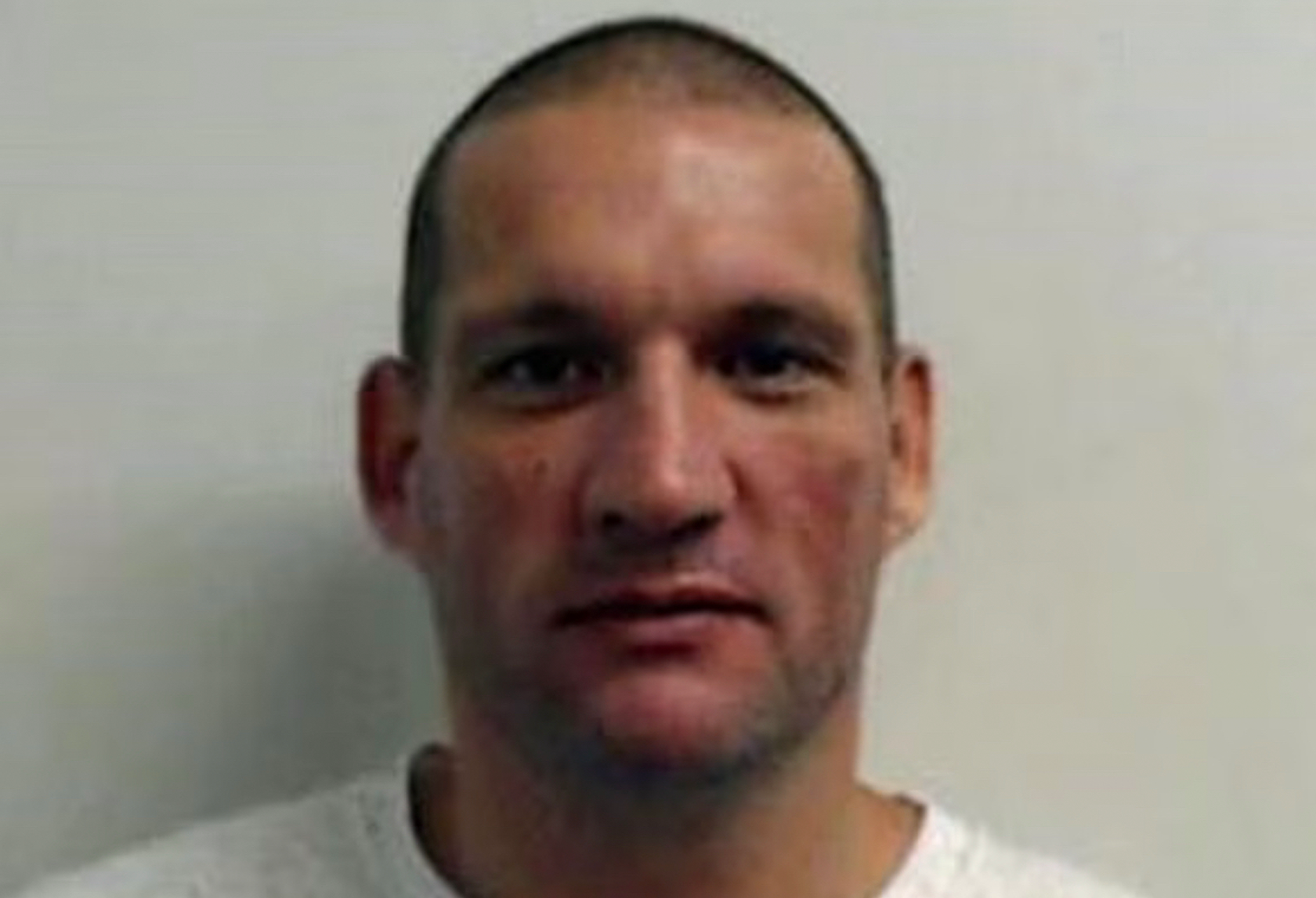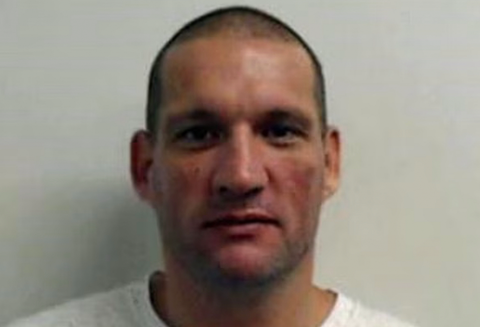Top Stories

FEATURED ITEM

Julie Kedzie, a former mixed martial arts (MMA) fighter, has been battling with a range of mental health issues since her retirement in 2013. Depression, anxiety, hyperactivity, impulsiveness, and sleep problems have plagued her life, all of which are common symptoms of chronic traumatic encephalopathy (CTE) - a degenerative brain condition associated with repeated blows to the head and concussions. Unfortunately, CTE can only be diagnosed post-mortem, making it impossible for individuals like Kedzie to seek treatment or support during their lifetime.
Kedzie had a successful career in MMA, competing in 29 professional fights and achieving a record of 16 wins and 13 losses. However, after four consecutive defeats, including two in the UFC, she decided to retire. Little did she know that the toll taken on her brain would have such long-lasting effects. Now, at the age of 42, she is still grappling with the consequences of her career and has made the remarkable decision to donate her brain for post-mortem research.
To many, Kedzie's decision may seem extraordinary, but for her, it's a logical step. "I've been hit in the head a lot so we might as well see what is in there and get some good out of it for data," she explains. By contributing her brain for scientific research, Kedzie hopes to shed light on the impact of repeated head traumas in MMA and help advance the understanding of CTE. Moreover, she sees it as an opportunity to continue advocating for women in the sport she loves.
Kedzie's commitment to brain donation is part of a wider trend among athletes involved in contact sports. The heightened awareness of the risks associated with repeated head injuries has led to an increase in brain donations to organizations like the Concussion Legacy Foundation (CLF). When the CLF began its investigations in 2007, only 45 cases of CTE had been confirmed worldwide. Now, over 10,000 individuals, including Kedzie, have taken part in studies to contribute valuable data to the field.
Dr. Chris Nowinski, a co-founder of the CLF and a former WWE wrestler with a PhD in neuroscience, understands the urgency of studying the effects of head trauma. Having experienced chronic symptoms himself during his athletic career, he has dedicated his life to raising awareness about CTE. According to Dr. Nowinski, most professional MMA fighters they have studied have shown signs of CTE and are likely to continue experiencing its effects. However, without former fighters reaching their 70s, the full extent of the impact remains unknown.
The significant increase in brain donations to organizations like the CLF highlights the growing concern within the athletic community. Athletes are making a conscious effort to contribute to research and help unveil the long-term consequences of their chosen sports. Through these generous donations, scientists and medical professionals can gain valuable insights into the development and progression of CTE, ultimately leading to the development of better preventive measures and treatments.
Julie Kedzie's decision to pledge her brain for post-mortem research is commendable. By selflessly offering her brain for scientific examination, she hopes to contribute to the understanding of CTE and its connection to MMA. Her commitment serves as a powerful reminder of the importance of prioritizing the long-term health and well-being of athletes, even after their careers have come to an end. With continued research and the dedication of individuals like Kedzie, a safer future for contact sports may be within reach.
Julie Kedzie, a former mixed martial arts (MMA) fighter, has been battling with a range of mental health issues since her retirement in 2013. Depression, anxiety, hyperactivity, impulsiveness, and sleep problems have plagued her life, all of which are common symptoms of chronic traumatic encephalopathy (CTE) - a degenerative brain condition associated with repeated blows to the head and concussions. Unfortunately, CTE can only be diagnosed post-mortem, making it impossible for individuals like Kedzie to seek treatment or support during their lifetime.
Kedzie had a successful career in MMA, competing in 29 professional fights and achieving a record of 16 wins and 13 losses. However, after four consecutive defeats, including two in the UFC, she decided to retire. Little did she know that the toll taken on her brain would have such long-lasting effects. Now, at the age of 42, she is still grappling with the consequences of her career and has made the remarkable decision to donate her brain for post-mortem research.
To many, Kedzie's decision may seem extraordinary, but for her, it's a logical step. "I've been hit in the head a lot so we might as well see what is in there and get some good out of it for data," she explains. By contributing her brain for scientific research, Kedzie hopes to shed light on the impact of repeated head traumas in MMA and help advance the understanding of CTE. Moreover, she sees it as an opportunity to continue advocating for women in the sport she loves.
Kedzie's commitment to brain donation is part of a wider trend among athletes involved in contact sports. The heightened awareness of the risks associated with repeated head injuries has led to an increase in brain donations to organizations like the Concussion Legacy Foundation (CLF). When the CLF began its investigations in 2007, only 45 cases of CTE had been confirmed worldwide. Now, over 10,000 individuals, including Kedzie, have taken part in studies to contribute valuable data to the field.
Dr. Chris Nowinski, a co-founder of the CLF and a former WWE wrestler with a PhD in neuroscience, understands the urgency of studying the effects of head trauma. Having experienced chronic symptoms himself during his athletic career, he has dedicated his life to raising awareness about CTE. According to Dr. Nowinski, most professional MMA fighters they have studied have shown signs of CTE and are likely to continue experiencing its effects. However, without former fighters reaching their 70s, the full extent of the impact remains unknown.
The significant increase in brain donations to organizations like the CLF highlights the growing concern within the athletic community. Athletes are making a conscious effort to contribute to research and help unveil the long-term consequences of their chosen sports. Through these generous donations, scientists and medical professionals can gain valuable insights into the development and progression of CTE, ultimately leading to the development of better preventive measures and treatments.
Julie Kedzie's decision to pledge her brain for post-mortem research is commendable. By selflessly offering her brain for scientific examination, she hopes to contribute to the understanding of CTE and its connection to MMA. Her commitment serves as a powerful reminder of the importance of prioritizing the long-term health and well-being of athletes, even after their careers have come to an end. With continued research and the dedication of individuals like Kedzie, a safer future for contact sports may be within reach.
Related Articles

Julie Kedzie's Brave Sacrifice: Shedding Light on CTE and MMA
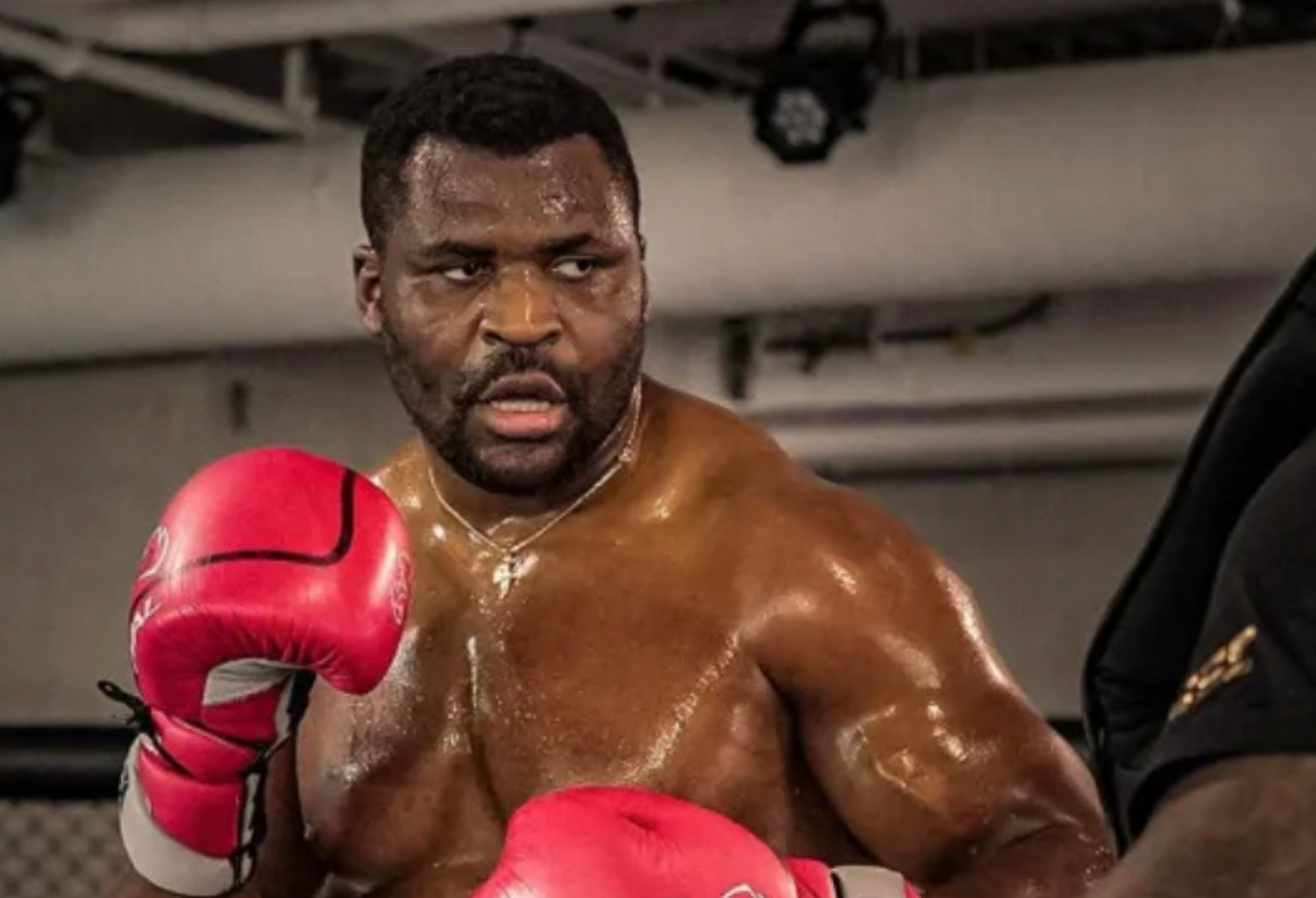
The Rise of Ngannou: From UFC to Boxing, a Force to be Reckoned With!

Powerhouses Collide: Andy Ruiz vs. Deontay Wilder - The Ultimate Heavyweight Showdown!

Rising from the Ashes: Tom Aspinall's Unforgettable Journey to UFC 295 Interim Title
Newest Releases
SHOP THE COMPLETE OMERTA STOREFEATURED ITEM
MOST POPULAR
ADVERTISMENT




